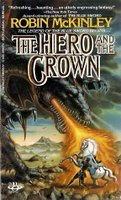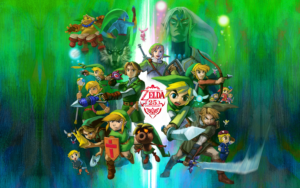No man is an Island
(Guest post by Gama Ray Martinez)
“No man is an island entire of itself.”
John Donne wrote those famous words almost four hundred years ago. With very few exceptions, they are as true in fiction as they are in life. Keep in mind that most stories are from the point of view of the hero, and for the vast majority of stories, you know the hero is going to triumph in the end. That’s not why you read the story. We read the story to find out what the hero is going to have to go through to get that victory. what price are they going to have to pay? Usually, the very first price is who they are. The character at the end of the story is not the same as the character in the beginning. They’ve often lost their innocence. They have changed, and they have changed those around them. No here is this most apparent than in their closest friendships. There are a couple of ways to do this. The one that I’ve found the most success with is finding what your main character lacks.
In my recently completed Pharim War series, the main character, Jez, has two strong relationships. The first is Osmund, one of the first people he meets when he goes away to magic school. Throughout the first book, Jez discovers strange powers inside of himself that indicate he may not be entirely human. Osmund, an exile because of his own partially inhuman heritage, has already been through that. By the end of the first book, the pair are inseparable. By the end of the second, not only have they accepted their inhuman side. They have embraced it. Through the rest of the series, their conversations with each other often inspire awe and fear in others, not because they are not entirely human, but rather because of the adventures their inhuman side has led them too. What they can casually discuss with each other, no one else can understand. That leads to scenes like this, if the fifth book of the series.
***
“Fine,” Jez said, “but the question still stands. Can’t we just go and face Sharim’s army ourselves?”
Fina smirked. “And how many demon armies have you faced?”
“Two,” Jez said without hesitation. Then, he glanced at Osmund. “Do you think that time in the beast men’s valley counts? I mean those animals were possessed.”
“True, but we didn’t really fight them. That was all the beast men. You did battle that giant lake monster, though.”
Jez shook his head. “That wasn’t a demon.” He smiled and looked at Fina. “Just two.”
Lina groaned. “You two are hopeless.”
For a second, Fina just stared at them. Then, he threw back his head and laughed. “For a moment, I forgot who I was talking to.”
***
The air of casualness with which they speak of something so amazing is a quality that characterizes their relationship throughout the series.
Jez’s second important relationship is with Lina. Lina actually started as an antagonist, of sorts. She was the rich spoiled daughter of a noble, and she hated Jez, essentially for being a commoner. It was only in the second book when I explored the noble class of the world of the Pharim War that I found the depth of her character. Throughout the series, she, more and more, represented Jez’s link to his human side. The more he had to embrace his other half, the more precious his human side became to the point where he makes sacrifices for her that he would make for no one else. Of course, it works both way. Just as she is Jez’s, and to a lesser extent Osmund’s, link to humanity, their relationships with her serve as a catalyst in Lina’s life that allows her to see that just because someone isn’t noble doesn’t make them of less value. In short, she helps them be human, and they help her be humane.
***
Gama Ray Martinez lives in Salt Lake City area and collects weapons in case he ever needs to supply a medieval battalion. He greatly resents when work or other real life things get in the way of writing. He secretly dreams of one day slaying a dragon in single combat and doesn’t believe in letting pesky little things like reality stand in the way of dreams. He has recently completed the Pharim War, a series about angels and is working on The Nylean Chronicles, a series about unicorns.




